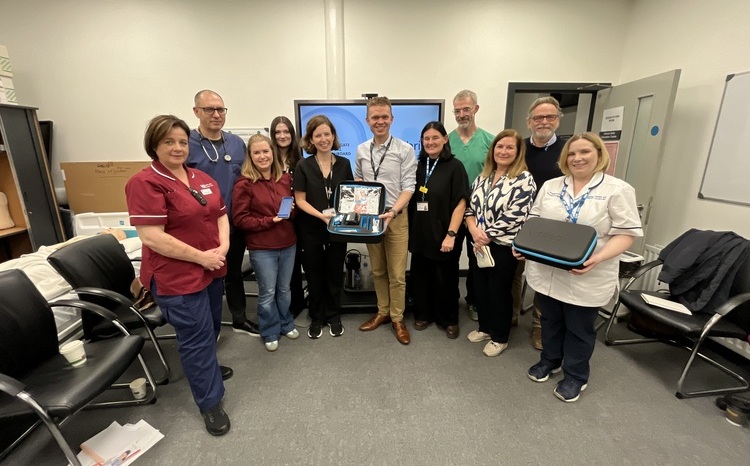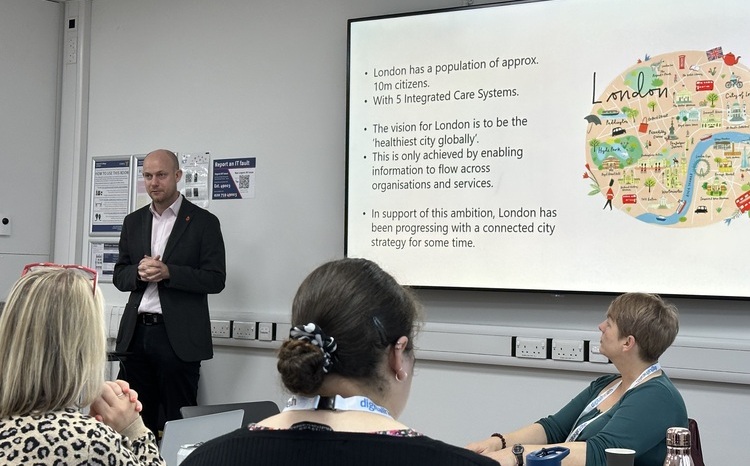NHS CfH joins open source health collaboration
- 18 April 2008
Open Health Tools has announced a collaborative effort between national health agencies, major healthcare providers, international standards organizations and companies from Australia, Canada, the UK and the US to develop common healthcare IT products and services.
NHS IT agency NHS Connecting for Health is one of the members of the international collaboration. Other members of OHT include CfH, BT Health, Canada Health Infoway, the International Health Terminology Standards Development Organisation, IBM and Oracle.
OHT’s objective is to provide software tools and components that will accelerate the implementation of electronic health information interoperability platforms, which improve patient quality of care, safety and access to electronic health records(EHR).
The initiative aims to develop a suite of tools, including a common health interoperability framework, as well as adapters and transformers that will enable users to bring legacy data into an interoperable network.
The results of the collaborative effort will be available under an open source agreement so anyone can use them. OHT’s health interoperability framework will use standardised, open interfaces and a set of reusable software components that can be assembled into systems and products by health systems and vendors.
Skip McGaughey, executive director of OHT, told E-Health Insider: “Our focus is on the interoperability of health information systems amongst our members across the world. Once all OHT members share there experiences and components, we have a vision where all patients, carers and physicians can receive information when, how and where they need it.”
Members are all responsible for different contributions of software and resources, which can be shared amongst the foundation. Every quarter, virtual meetings are held where the partners exchange their thoughts and findings.
The first contribution to the collaboration has come from CfH, in the shape of an XML processing engine, the DH agency has also provided staff to assist members with coding and related queries.
McGaughey said: “The NHS is leading the way and we see them as more advanced than other members. Their experience means they can liaise with other members interested and talk about how they have addressed many of the problems others may be facing. At each meeting, they will be able to share these experiences and help us achieve our goal of a common health interoperability framework.”
Ken Lunn, director of NHS Data Standards and Products, at CfH added: “Interoperability is a core aspect of the National Programme for IT and one of the enablers for safe and secure access to patient information whenever and wherever it is needed. The quality of patient care is dependent on the quality of the information that authorized healthcare professional can access.”
In addition to the tools developed the OHT site will offer free technology for enhancing security and privacy of patient information, and tools that will enable web reporting. McGaughey told EHI that he envisages this to take place over the next 3 to 5 years.
The OHT are also working closely with open source specialists Eclipse so that all applications shared through the collaboration can be used easily over the Eclipse Foundation open source community.
McGaughey said: “We want to provide a common platform built on top of Eclipse dedicated to provide interoperability anywhere, which will help to save lives and improve healthcare. It’s very important that we look at how to achieve the same conditions on a platform used for interoperability across the world.”
The collaboration has already been running for two years and members are keen to see its work progress.
Nick Booth, director of health informatics at BT Health said: “Through involvement with NHS projects and its health IT integration experience, BT understands the value of open, interoperable health information standards. The challenges that exist in implementing such standards require new approaches. We believe that a convergent approach to the implementation of standards will bring several key benefits.
“It will directly improve patient care by delivering consistent patient information at the point of need; it will benefit the providers of patient care by maximizing the application of medical resources; it will benefit the health of the nation through a better understanding of the population’s health needs; and it will benefit medicine itself through support of knowledge and evidence-based medicine.”
Jennifer Zelmer, CEO of the International Health Terminology Standards Development Organisation, added: “The safe exchange of health information is critical for patients and health professionals. By joining organisations from around the world in Open Health Tools, we hope to increase access to standards-based solutions that provide accurate and understandable health information to the appropriate people, when and where it is needed.”
Links
Joe Fernandez




